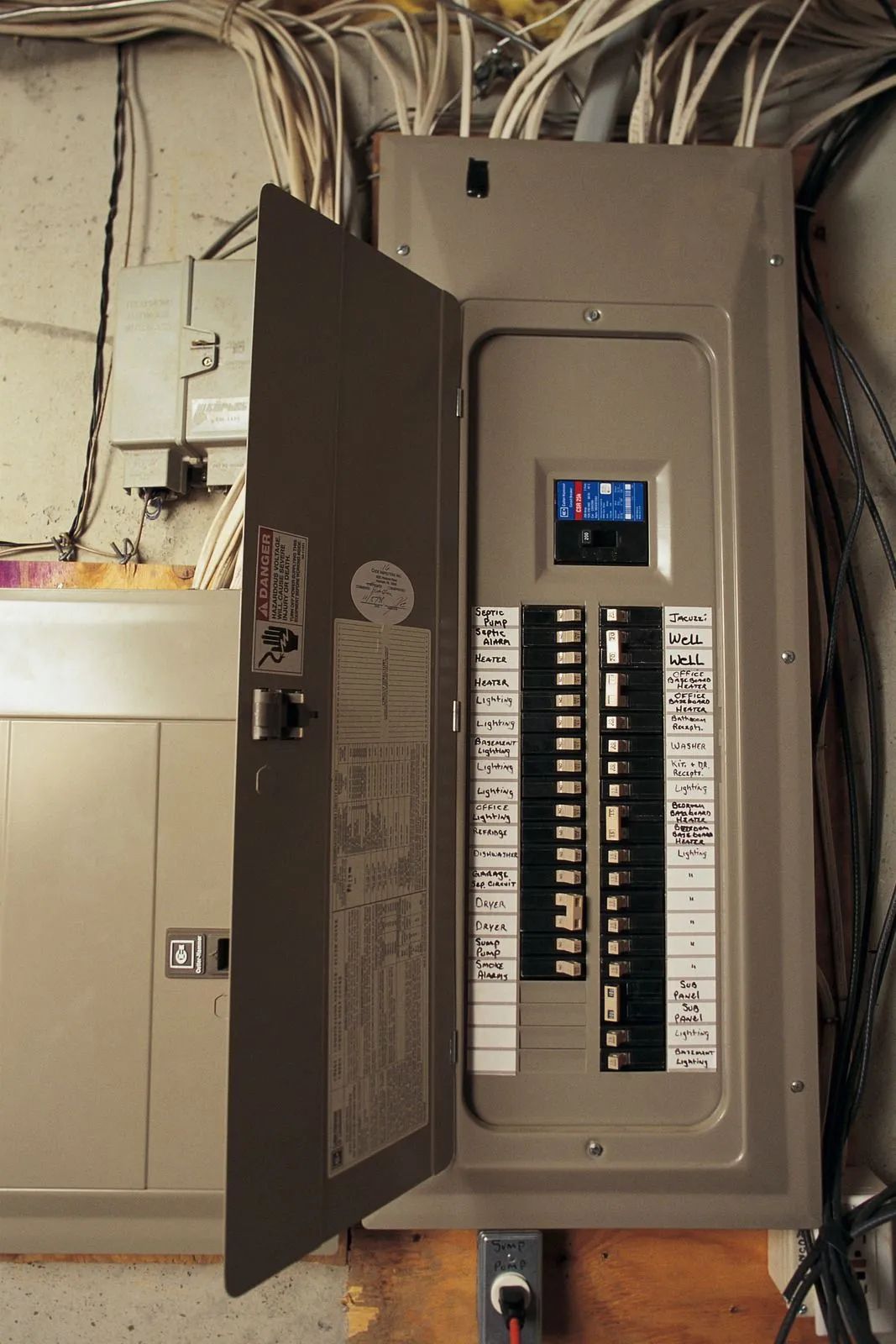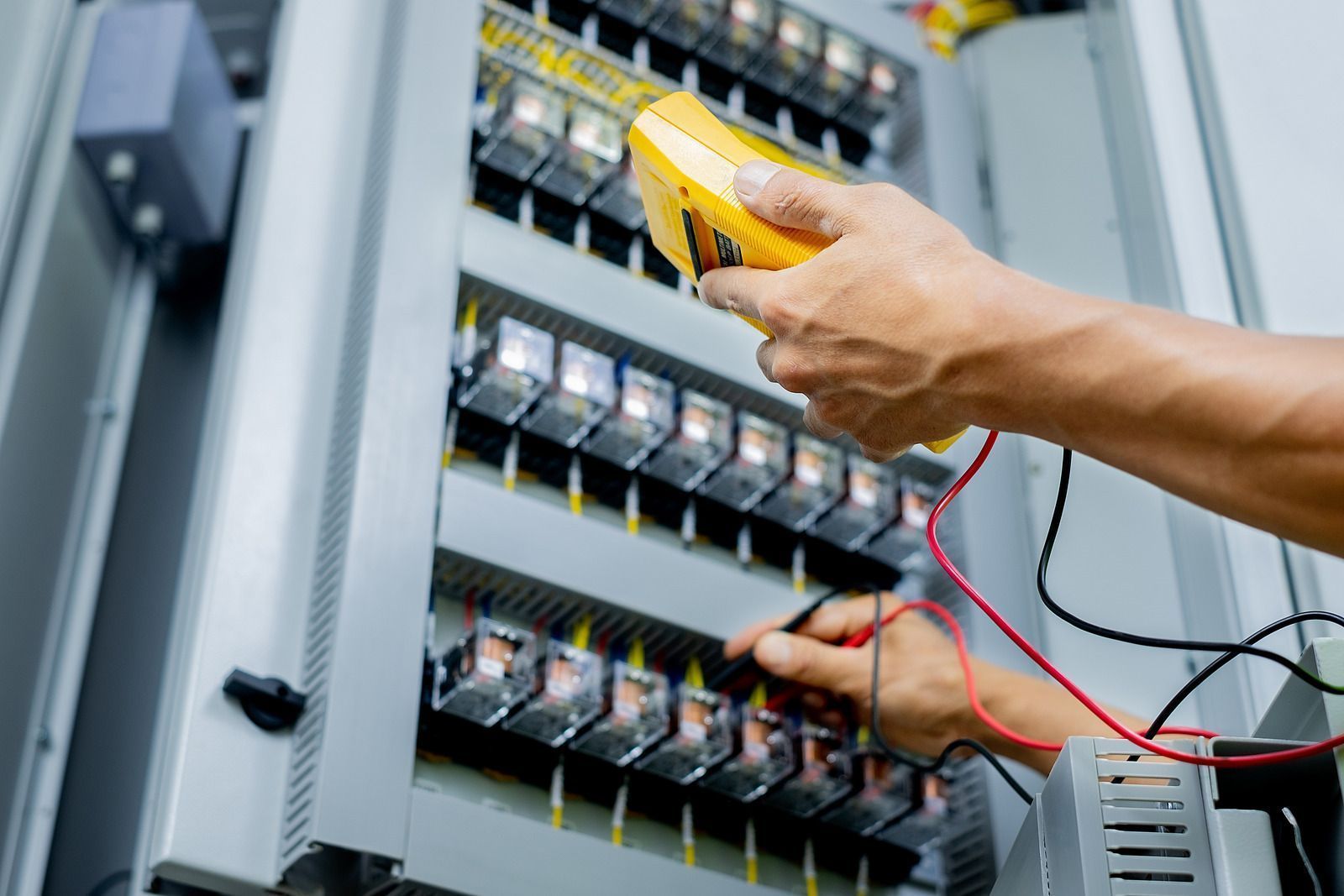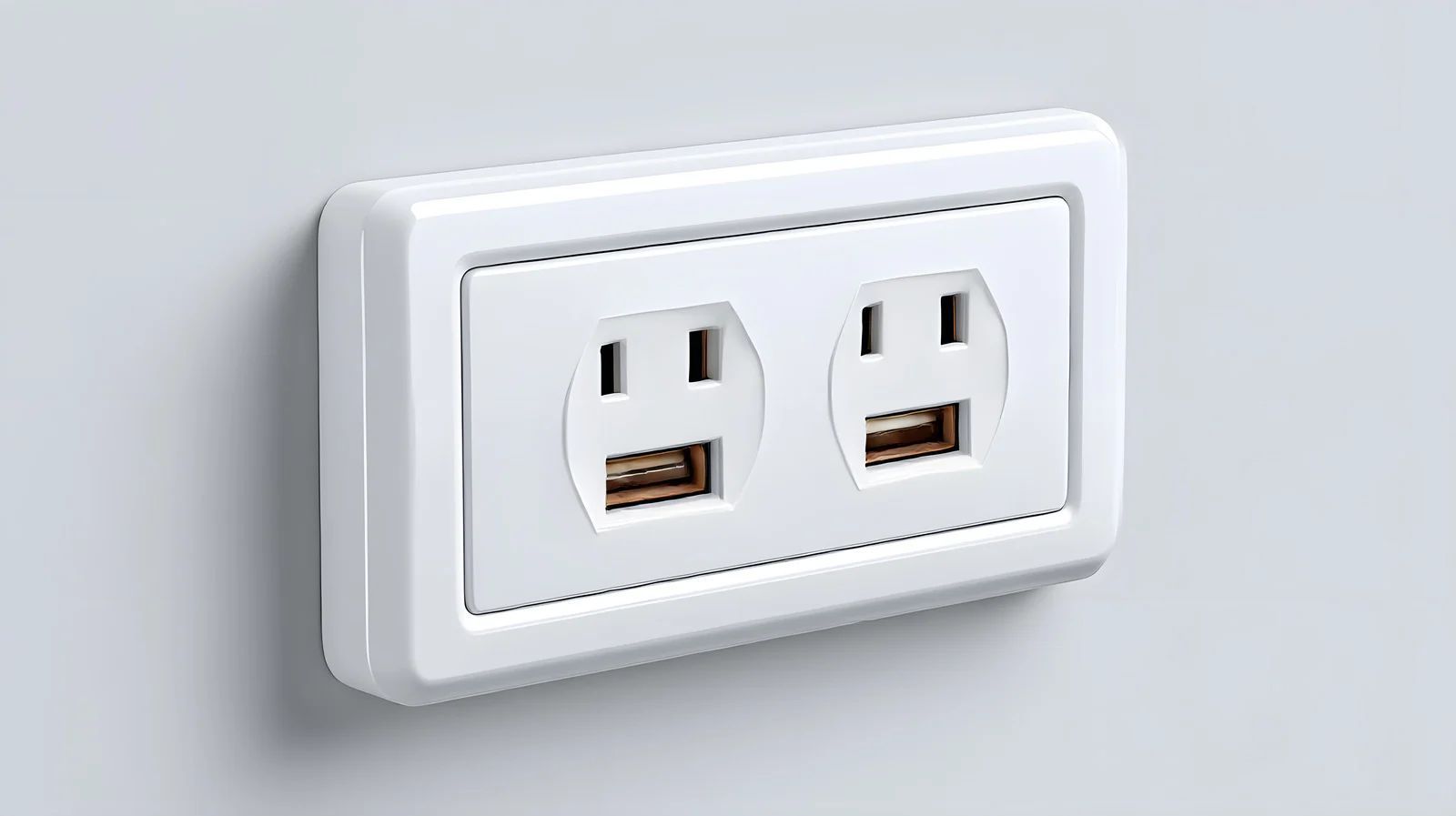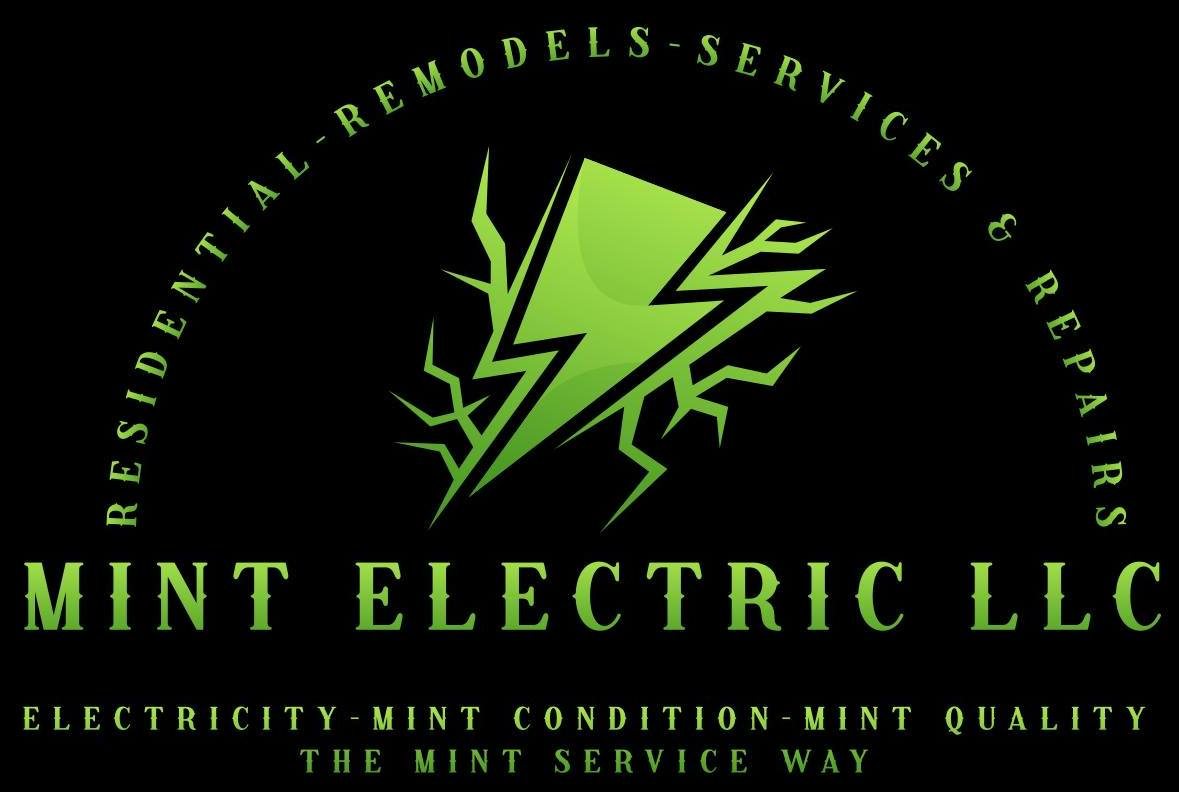EV Charging Station Installation: What Homeowners Need to Know
March 27, 2025
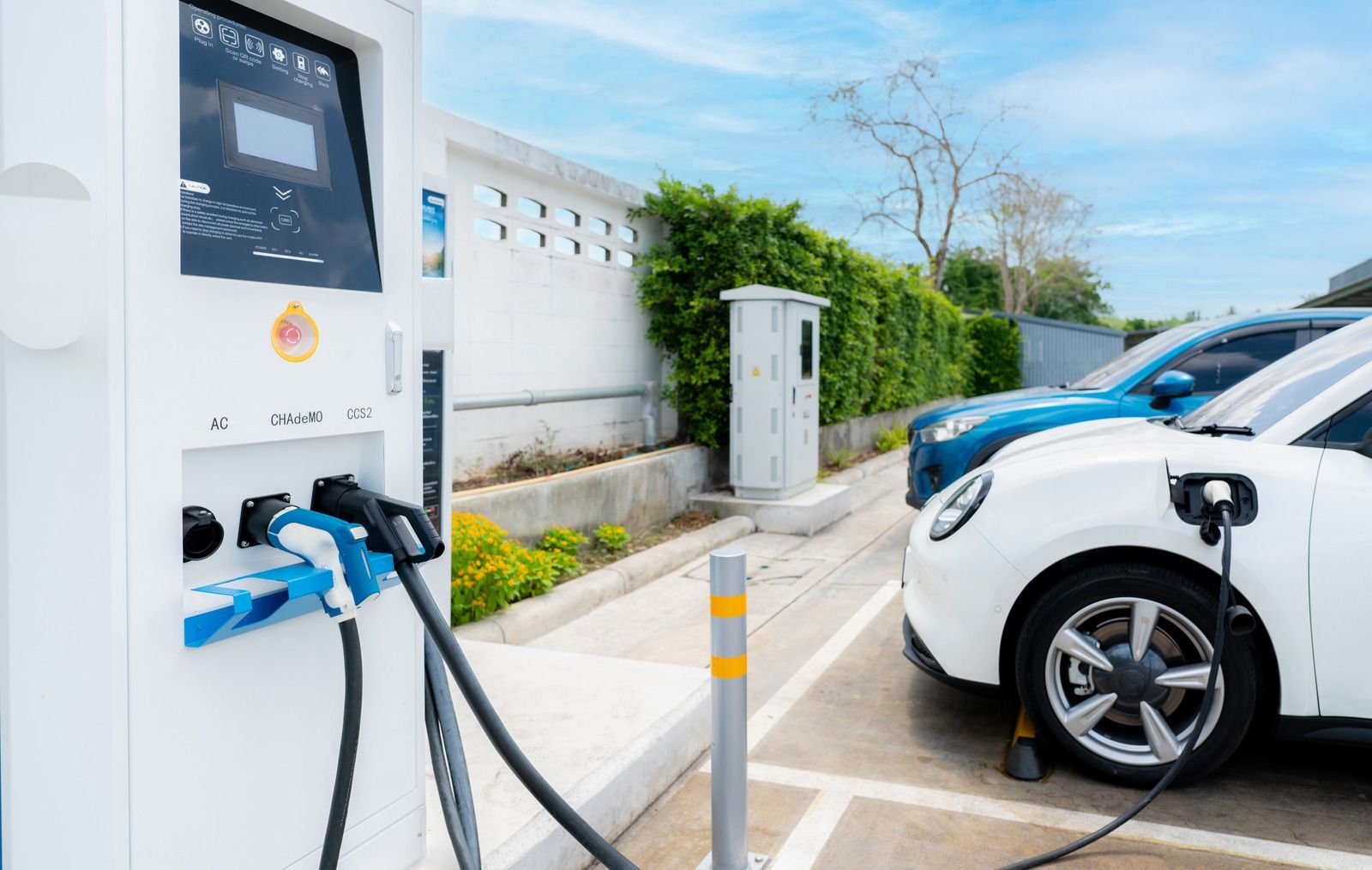
As electric vehicles (EVs) continue to rise in popularity, more homeowners are considering installing EV charging stations at home. Having a dedicated charging station provides convenience, cost savings, and increased home value. If you’re thinking about installing an EV charger, here’s what you need to know.
1. Understanding EV Charging Levels
EV chargers come in three levels, each with different power requirements and charging speeds:
- Level 1 Charger: Uses a standard 120V outlet, providing slow charging (4-5 miles of range per hour). Suitable for overnight charging but not ideal for frequent drivers.
- Level 2 Charger: Requires a 240V circuit, significantly reducing charging time (25-30 miles of range per hour). The most popular choice for homeowners.
- Level 3 Charger (DC Fast Charging): Primarily for commercial use, requiring specialized high-voltage infrastructure. Not typically installed in residential properties.
2. Choosing the Right Location for Your Charger
When selecting a location, consider:
- Proximity to Your Parking Space: Install the charger close to where you park your EV for easy access.
- Electrical Panel Capacity: Ensure your electrical panel can handle the extra load of an EV charger.
- Weather Protection: If installing outdoors, choose a weather-resistant unit and possibly a covered area.
3. Electrical Panel and Wiring Considerations
Before installation, your home’s electrical system needs to be assessed. A professional electrician can determine if your panel requires an upgrade to accommodate the charger. Some Level 2 chargers may require dedicated circuits, additional wiring, or breaker upgrades.
4. Permits and Regulations
Many local municipalities require permits for EV charger installation. A licensed electrician will ensure the installation complies with National Electrical Code (NEC) standards and local regulations. Hiring a professional avoids potential hazards and ensures safety.
5. Cost of EV Charger Installation
The total cost of installing a home EV charger varies based on factors such as:
- Charger type and brand
- Electrical panel upgrades (if needed)
- Distance from the panel to the charging location
- Labor and permit fees
On average, a Level 2 home charger installation ranges between $500 - $2,500, including labor and materials.
6. Potential Rebates and Incentives
Many utility companies and government programs offer rebates or tax incentives for installing an EV charger. Check with your local utility provider or visit the U.S. Department of Energy website to see if you qualify for any incentives.
7. Future-Proofing Your Charging Setup
As EV technology advances, it’s smart to consider future needs:
- Opt for a smart charger with WiFi capabilities for remote monitoring and scheduling.
- Choose a higher amperage charger to accommodate future EVs with larger batteries.
- Install conduit and wiring that allows for potential upgrades.
8. Hiring a Professional for Installation
While some homeowners may consider DIY installation, hiring a licensed electrician ensures:
- Proper electrical capacity assessment
- Safe installation according to code
- Avoidance of potential electrical hazards
At Mint Electric, we specialize in professional EV charging station installations and ensure your home is equipped with a safe and efficient charging setup.
Conclusion
Installing an EV charging station at home is a smart investment that offers convenience, efficiency, and long-term cost savings. By understanding charging levels, electrical requirements, installation costs, and available incentives, you can make an informed decision. Ready to install your EV charger? Contact Mint Electric today for expert installation services!

